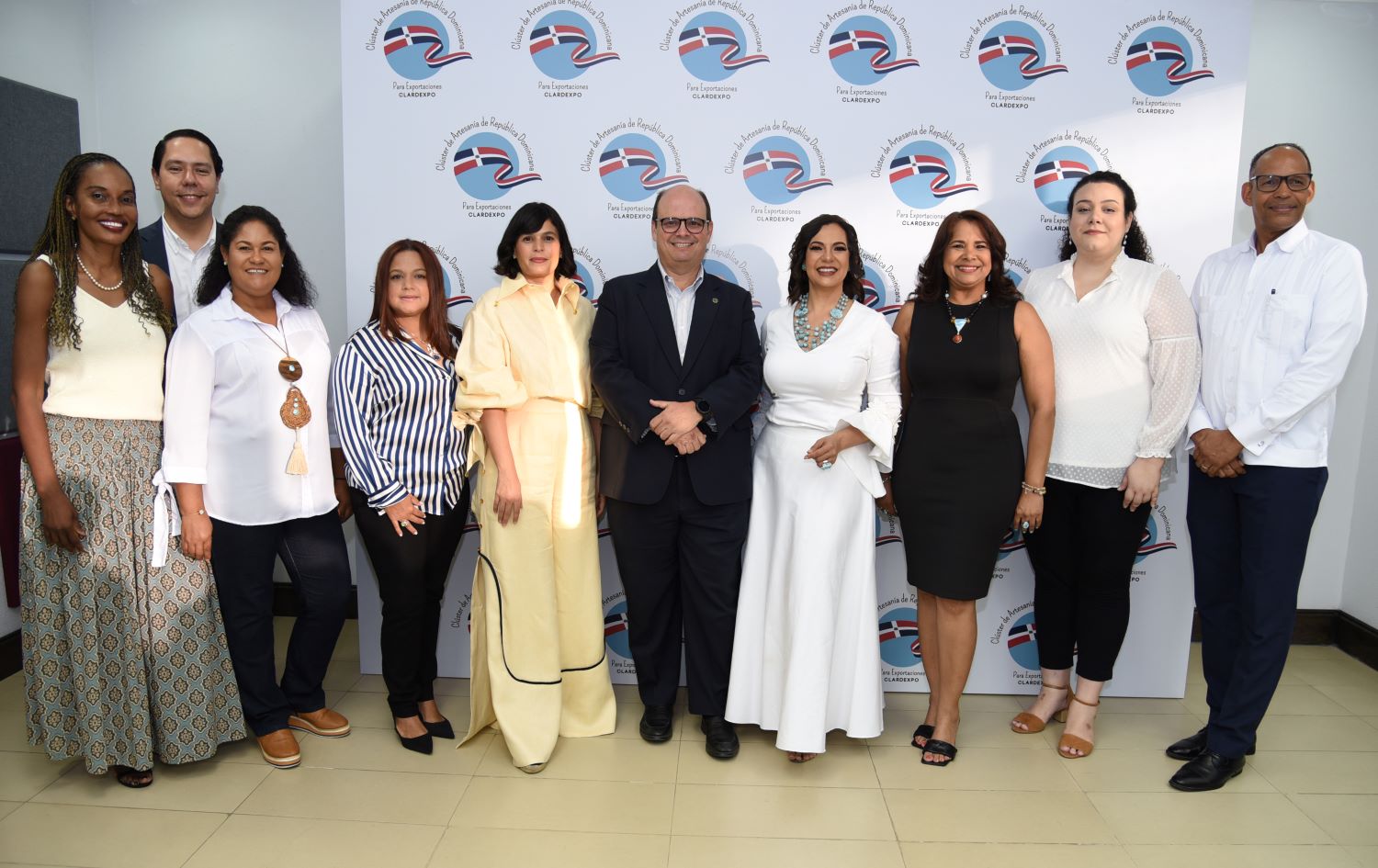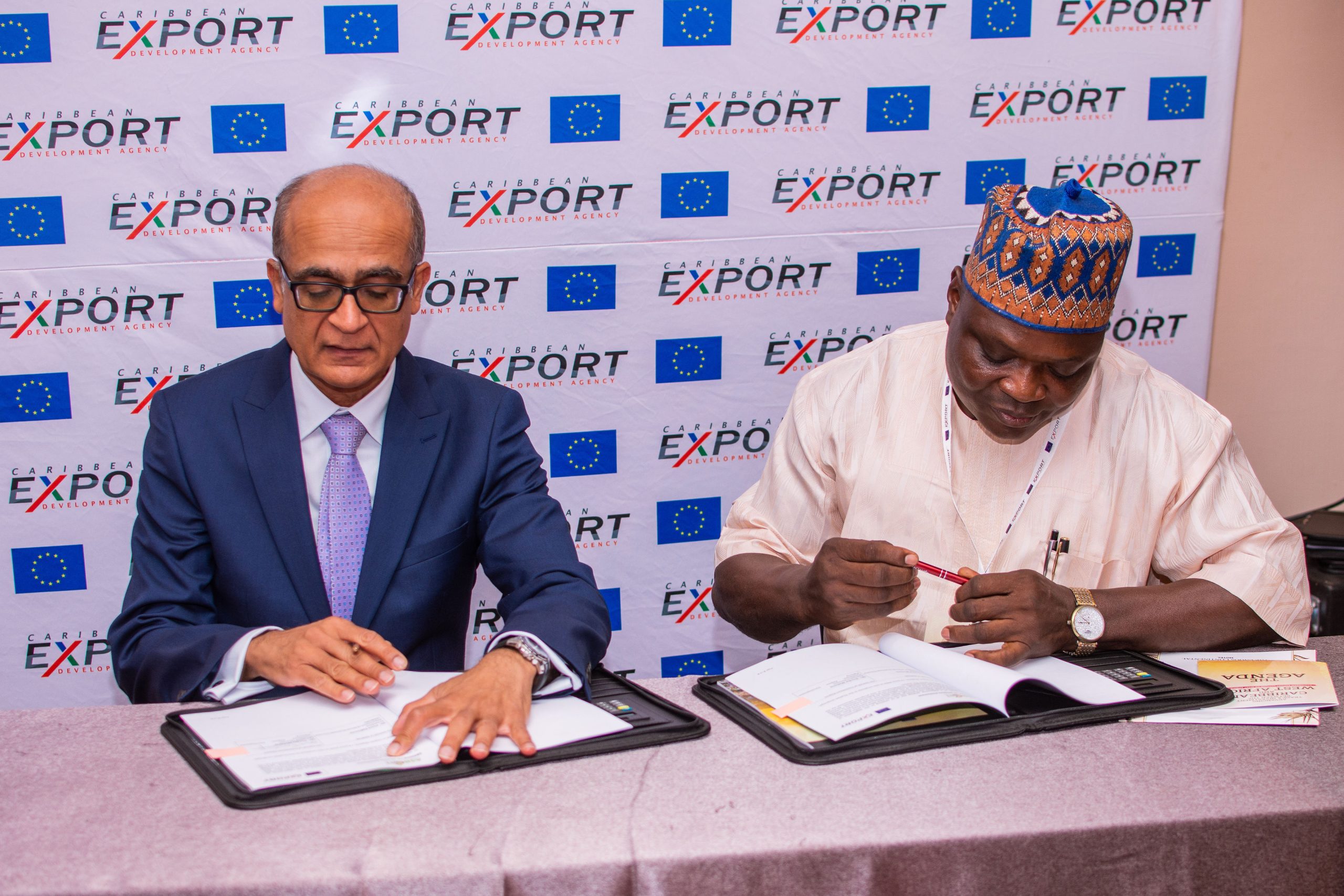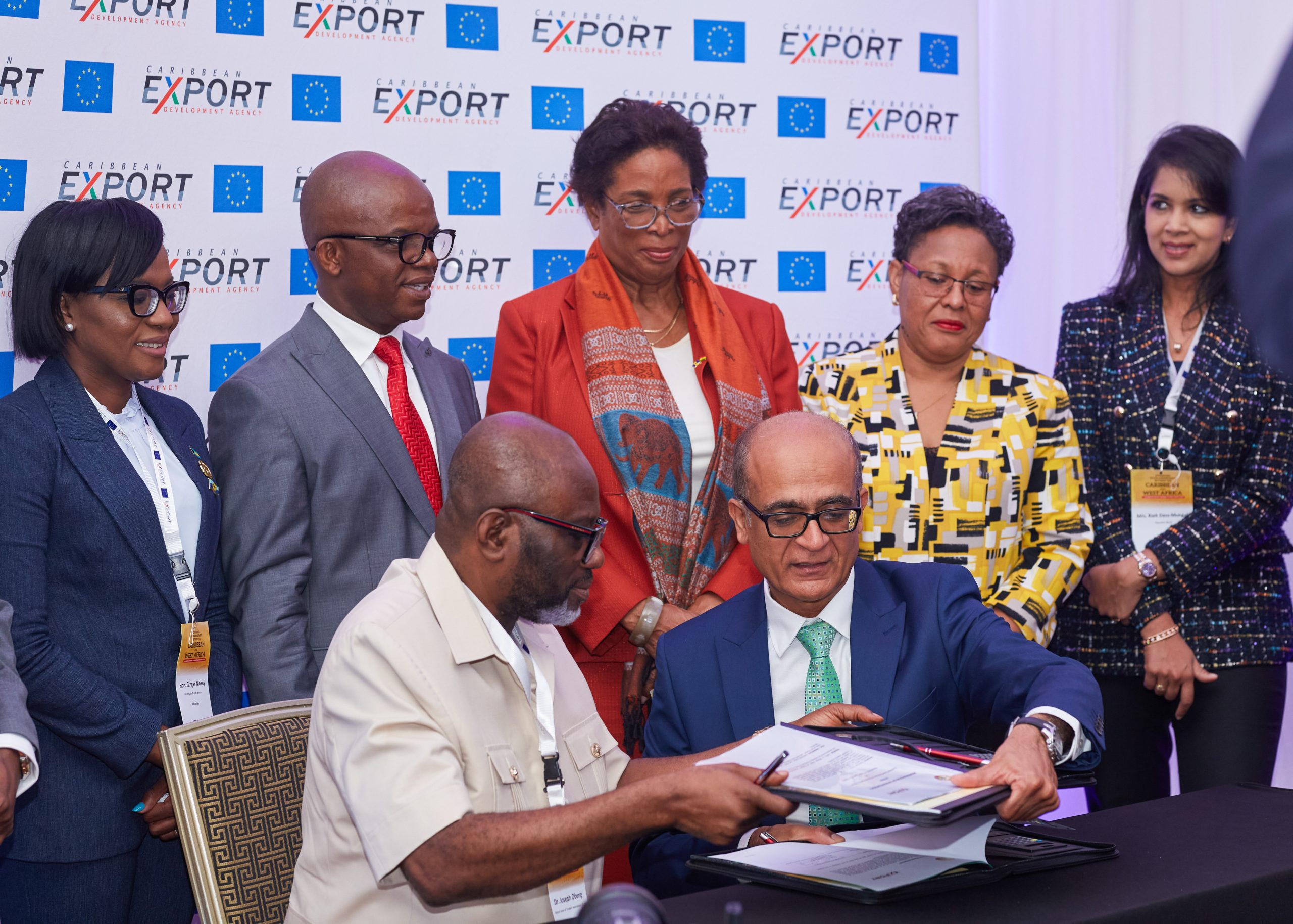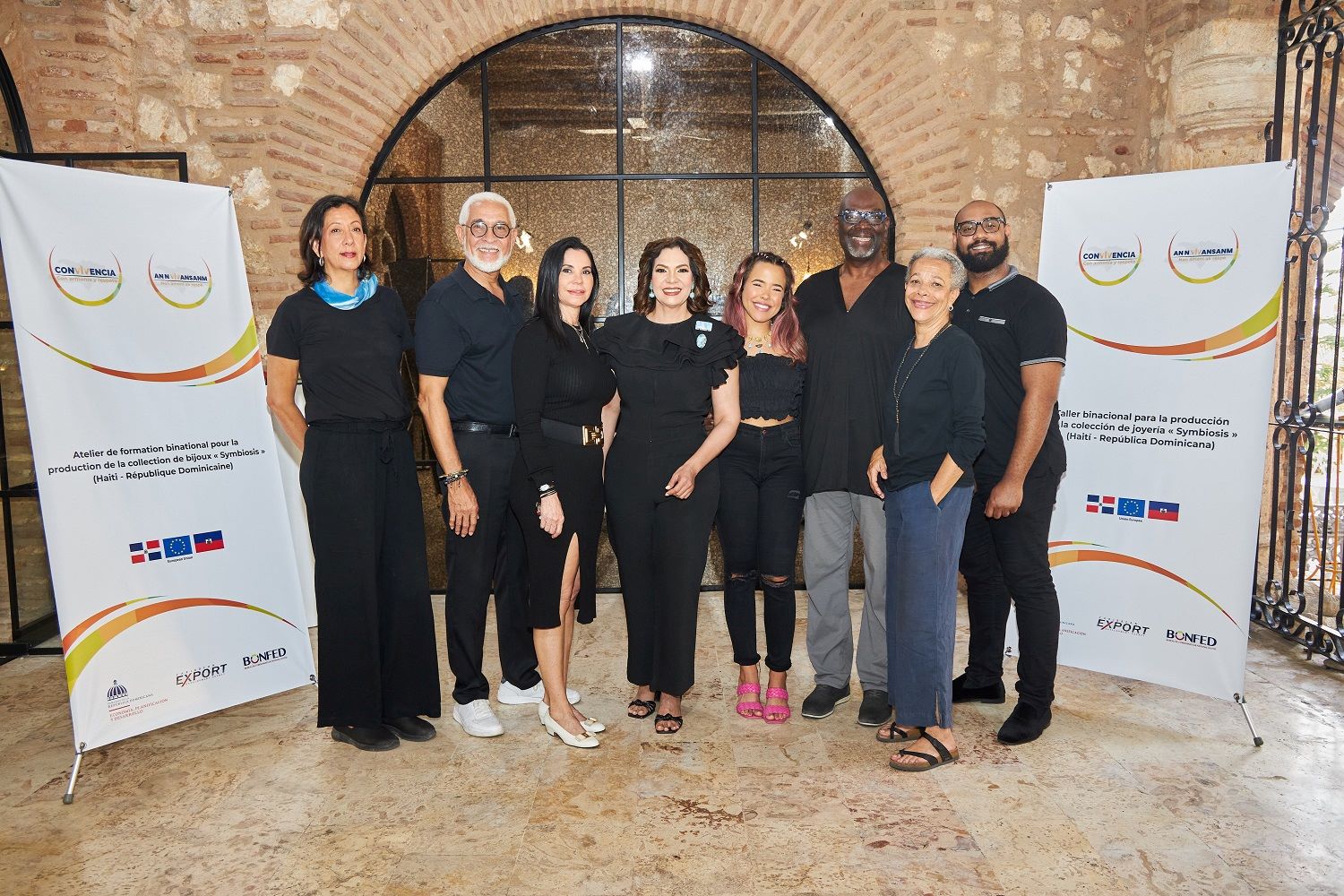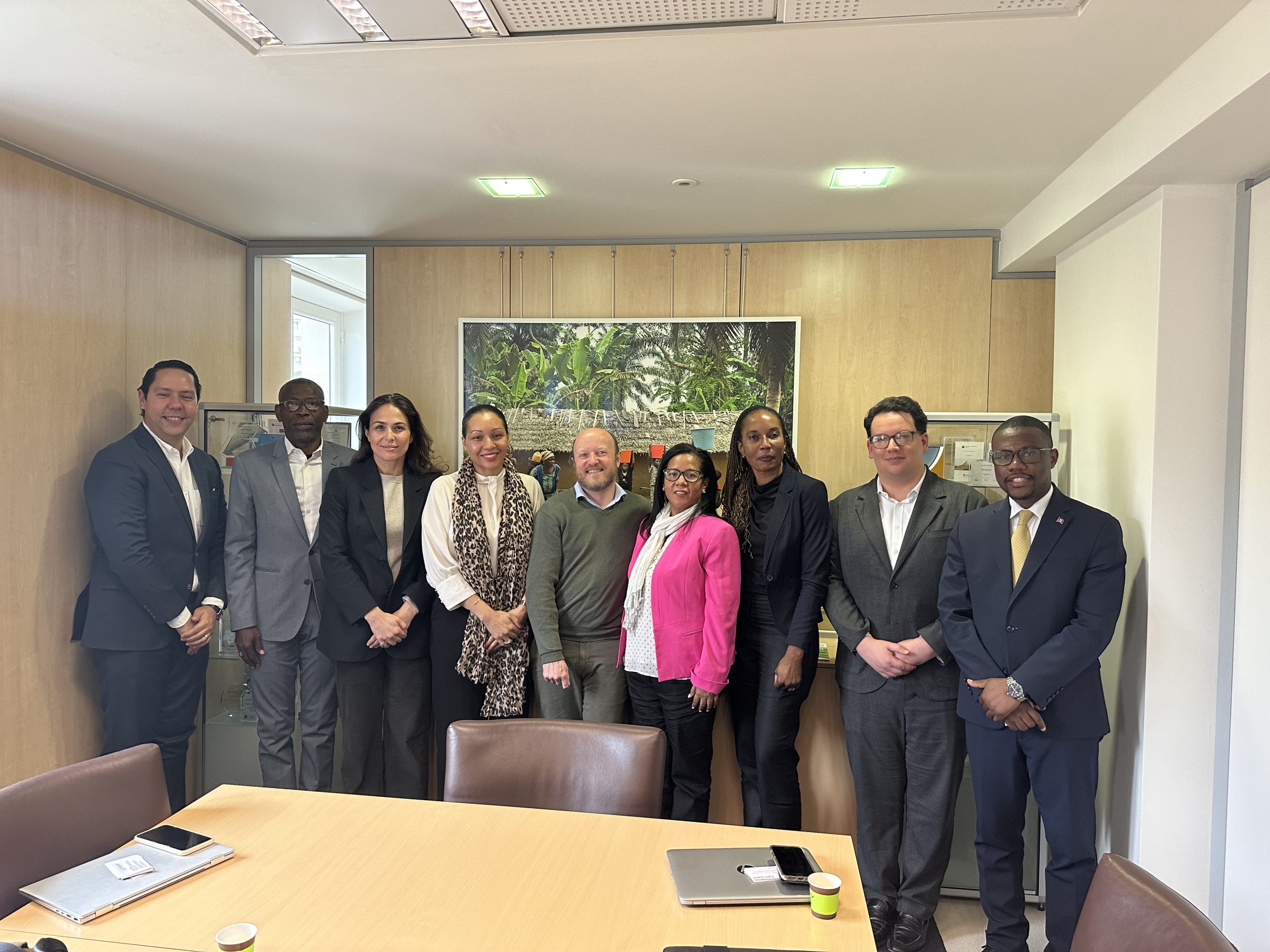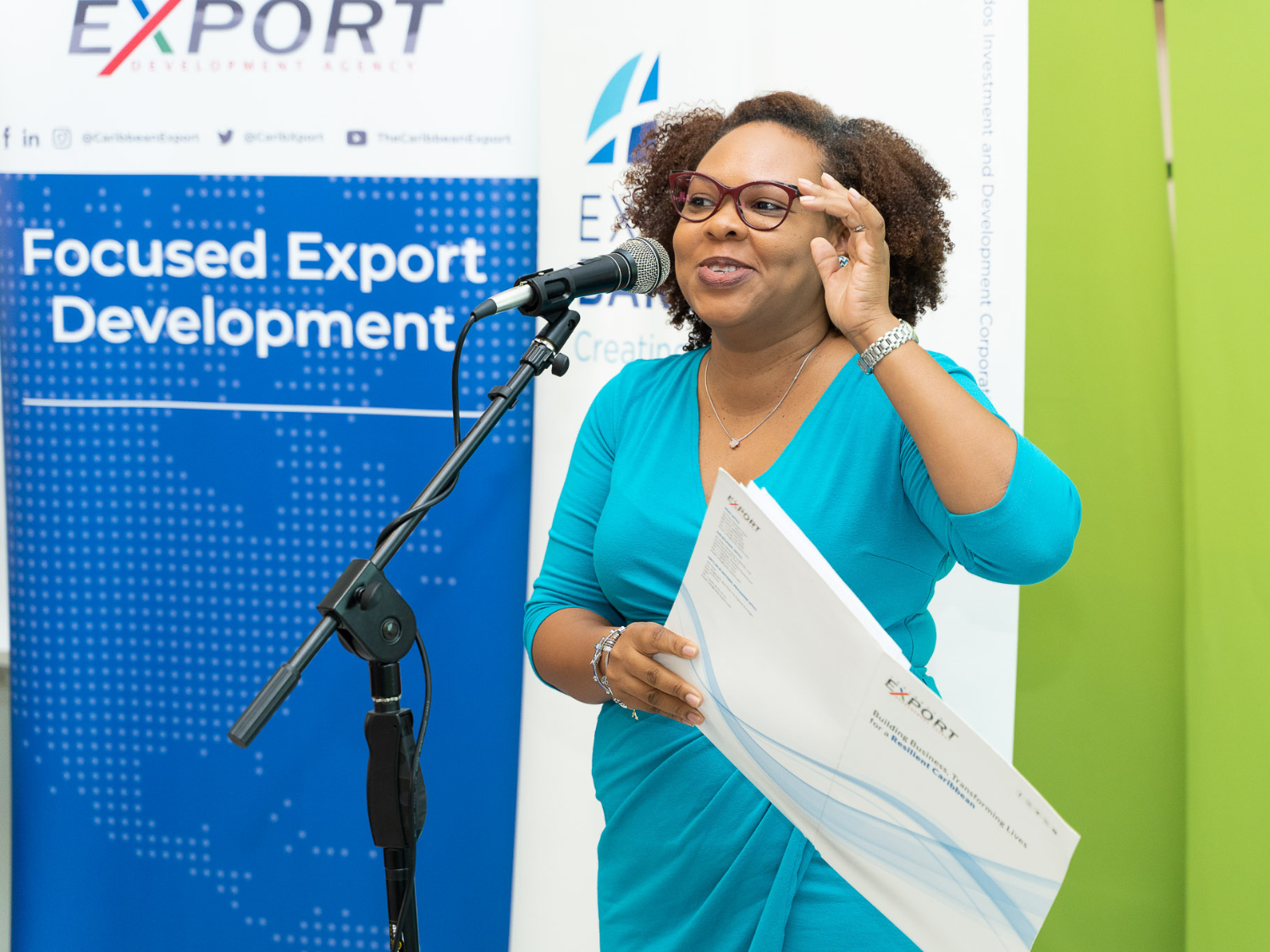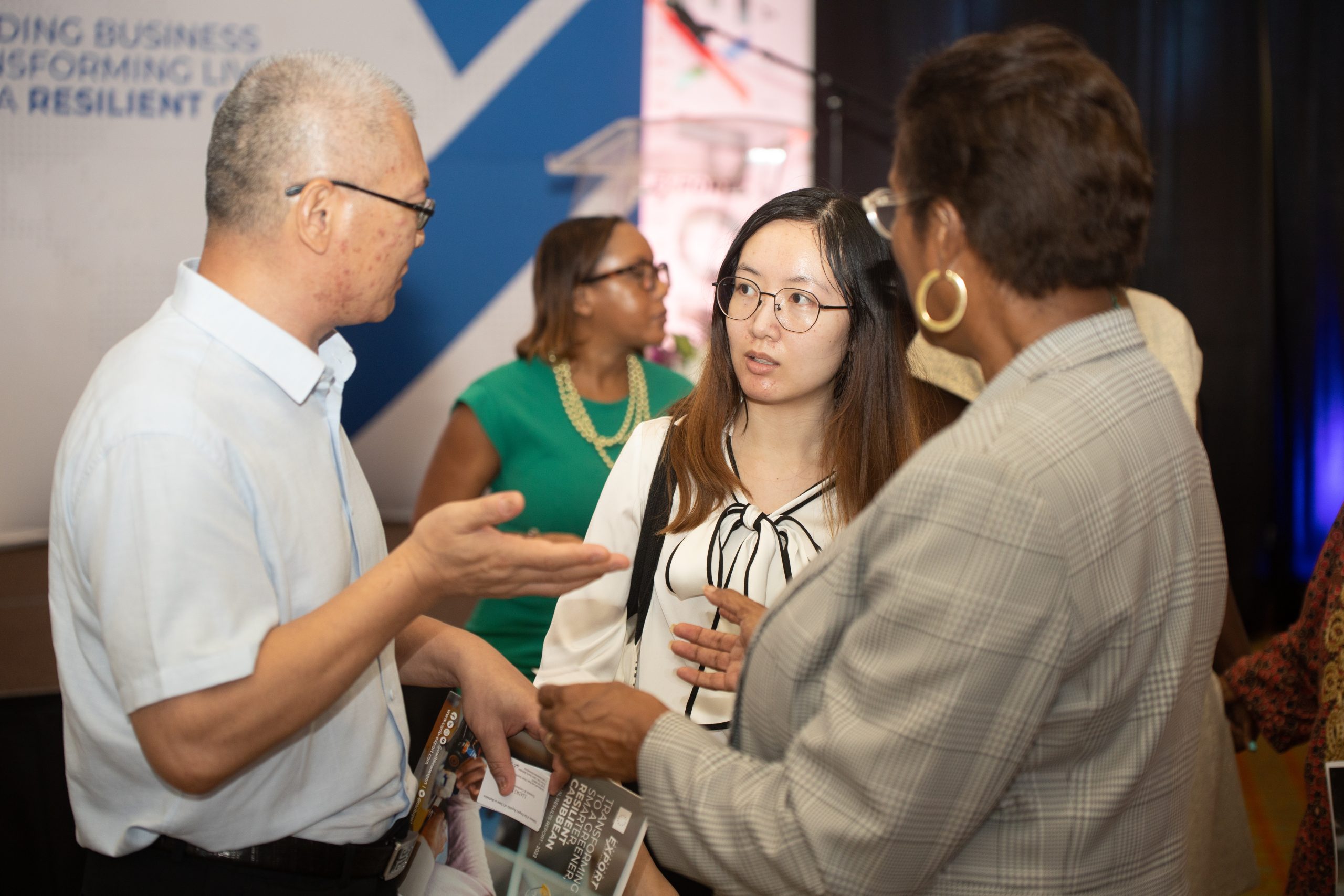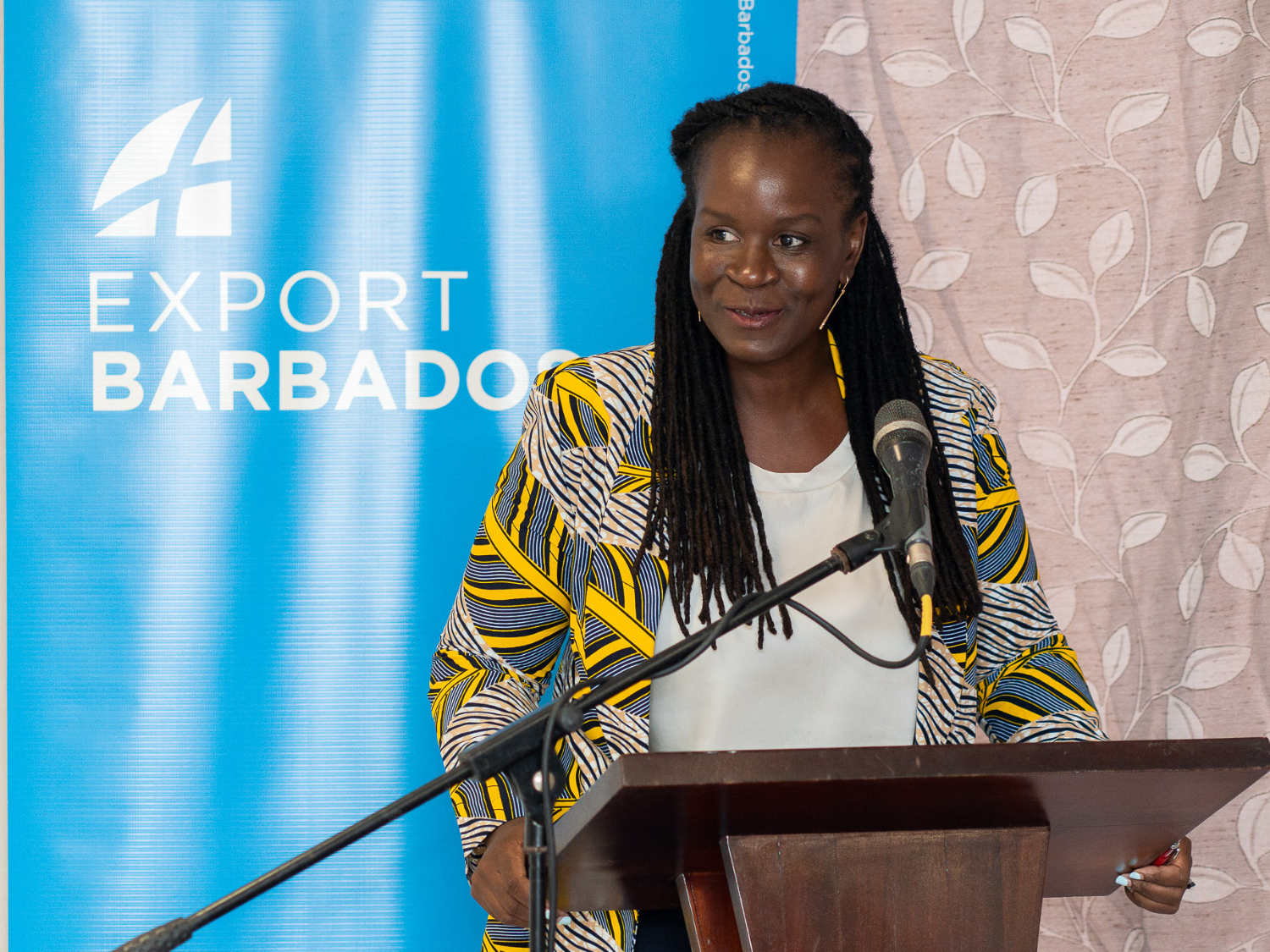SANTO DOMINGO – The Caribbean Export Development Agency presented its 2022 annual results report with the theme “Transforming Towards a Smarter, Greener, and More Resilient Caribbean.”
Deodat Maharaj, Executive Director of Caribbean Export, explained that this report provides a comprehensive and structured overview of the work carried out by Caribbean Export during 2022, highlighting collaboration with key partners, positive impact on beneficiaries and communities, involvement with regional institutions, and the implementation of various activities in their offices in Barbados, the Dominican Republic, and Haiti. He also emphasized the valuable contributions of their teams in different countries.
He highlighted that this is the second edition of the report, which will continue to be presented annually to showcase the efforts made to promote economic development in the Caribbean and, particularly, in the Dominican Republic. “We want to highlight all the results that Caribbean Export achieved last year for the benefit of the regional private sector.”
Maharaj reaffirmed the agency’s commitment to providing access to financing for the private sector. “In a recovery environment, it is essential that private sector companies have equitable access to financing tools, as these help them develop, redefine, upgrade, and optimize their operations and processes as they work towards their export development goals.”
He also mentioned that Caribbean Export has one of the highest program implementation rates in the region. In 2022, over 140 companies from the 15 member states benefited from all the programs implemented by the agency, with support from partners and donors at the regional level. Through the Regional Private Sector Support Program, which Caribbean Export implements under the 11th European Development Fund (EDF) funded by the European Union, they managed to address the difficulty of accessing financing through a grant program, disbursing more than 2 million euros. This is a testimony to the direct impact and work that the agency carries out for small businesses throughout the region.
Maharaj invited support for the initiatives presented in the report to achieve a smarter, greener, and more resilient Caribbean. “In this sense, we seek to foster collaboration and engagement from all stakeholders, including governments, non-governmental organizations, local communities, and businesses, to achieve a more prosperous and resilient Caribbean in the face of future challenges.”
He emphasized that focusing on a greener economy is vital for the Caribbean’s sustainability. “This region is one of the most vulnerable areas in the world to the effects of climate change, so it is essential to promote sustainable business practices and responsible use of natural resources. At the same time, new trade opportunities must be developed in eco-friendly sectors, such as renewable energy generation and technology-optimized sustainable agriculture.”
He pointed out that resilience is crucial due to the recurring threats the region faces, such as hurricanes, earthquakes, and other natural disasters. “By building a more resilient economy, strategies can be implemented to anticipate and mitigate the impacts of these events. This includes investments in more robust infrastructures, early warning systems, emergency plans, and greater economic diversification.”
Maharaj explained that economic resilience ensures that, despite challenges, businesses can recover more quickly and continue their operations, thus avoiding significant losses.
During the event, the overall results of the Trade and Private Sector Component, implemented by Caribbean Export under the Bilateral Cooperation Program between Haiti and the Dominican Republic, were also communicated. This program is also financed by the European Union under the 11th EDF. This component achieved synergy in co-promotion and co-production between the Dominican Republic and Haiti through the creation of three value chains: cacao/chocolate, essential oils/cosmetics, and crafts/fashion/accessories. The program also promoted higher quality standards, advances in trade policy, and the establishment of better dialogue between the public and private sectors.
The report concluded with an invitation from Deputy Executive Director of the Agency, Leonel Naut, to the entire Dominican private sector to participate in the 2023 Caribbean Investment Forum in The Bahamas from October 23 to 25 of the current year. This forum will be the largest business event in the region with an expected audience of more than 800 entrepreneurs from around the world.
In addition to Deodat Maharaj, Executive Director of Caribbean Export, and Leonel Naut, Deputy Executive Director of the Agency, the event was attended by Alba Díaz, Senior Advisory Officer; Alexandra Chía, Operations Officer; Paul Charles, Operations Officer, and Romily Thevenin, Research and Communications Officer, among other executives.

